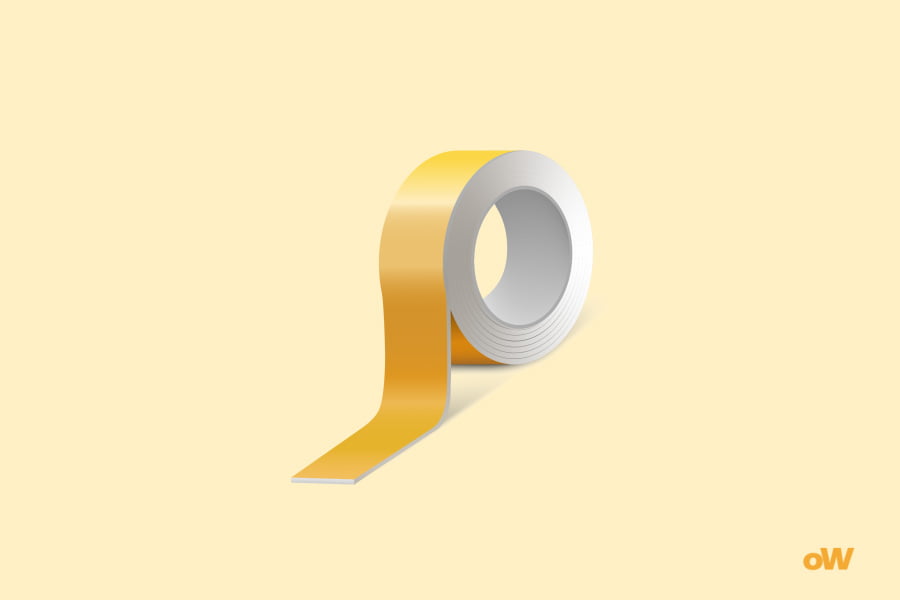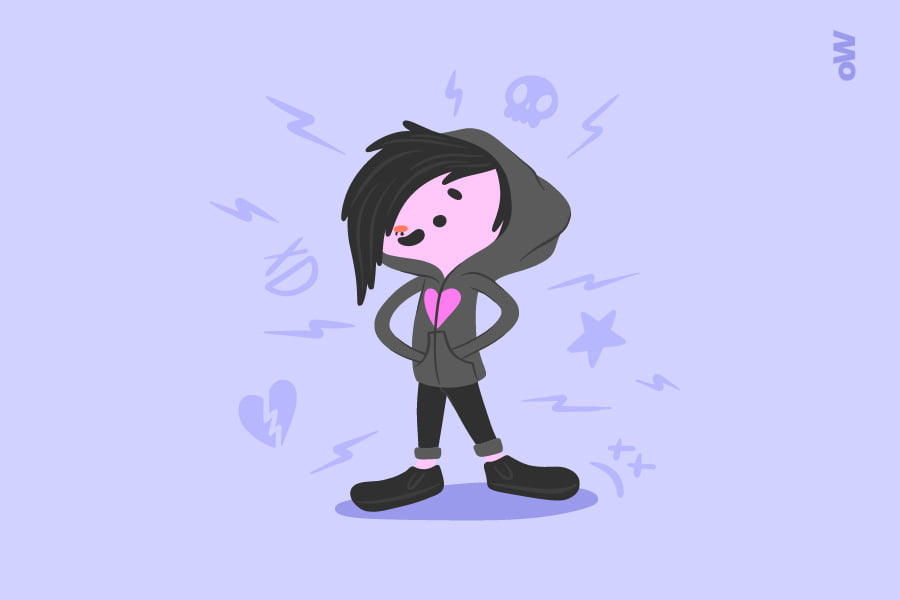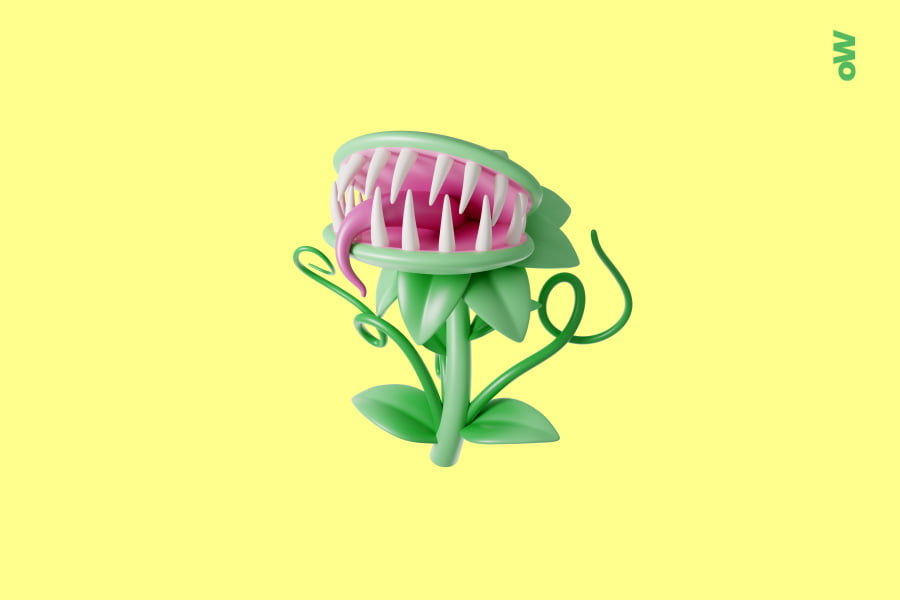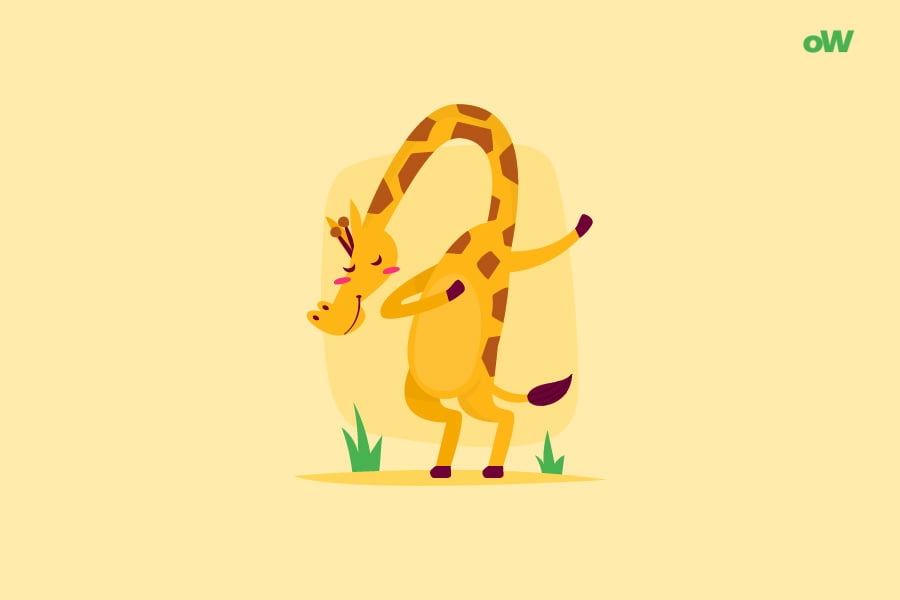Am I Clingy Quiz: Are You a Lover or a Leech?

In the world of rapid-fire digital interactions and social media buzz, you might have occasionally caught yourself pondering, “Am I too clingy?” Dive deep into the history of understanding this emotional maze and take a quiz that gauges your level of attachment in relationships.
A Glimpse into the History of Clinginess
Understanding the dynamics of human clinginess started in ancient cultures, where the quest to decode human relationships began. Ancient Chinese wisdom proclaimed, “Too much attention starves the love.” Meanwhile, medieval Europe believed excessive attachment could be a “heart ailment”. Some even speculated that this could be the reason behind one’s solitude.
Fast forward to the 20th century; psychologists began developing quizzes and tests to probe this phenomenon, leading us to today’s modern diagnostic methods. The issue of being overly attached has been a constant through the ages, and every decade introduces us to newer ways to understand and analyze it.
Who’s this Clinginess Quiz For?
Ever wondered, “Am I too clingy?” or had close ones hint at it? This quiz offers clarity. Perfect for those seeking to comprehend their emotional needs and foster healthier relationships. Whether you’re new in the love game, have been with someone for ages, or anywhere in between, understanding your emotional patterns can solidify your bonds.
Signs of Clinginess in Relationships
Frequent Calls and Texts
Arguably the most telltale sign. Constantly checking your phone or waiting for a partner’s message can indicate clinginess. This behavior can make your partner uneasy and raise red flags in a relationship.
Craving Constant Attention
Always wanting to be the apple of your partner’s eye can be an alarm for underlying issues. It might wear your partner out if they constantly feel pressed.
Intense Jealousy and Mistrust
Doubting your partner’s feelings or sneaking peeks into their texts? This might scream clinginess. A dash of jealousy might appear flattering at first, but if it becomes habitual, it can erode trust and have your partner wondering, “Are they manipulating me?“.

Unraveling the Reasons Behind Clinginess
Childhood and Attachment Patterns
Experts suggest that the tendrils of clinginess often snake back to one’s early years. Growing up in an environment of uncertainty or lacking affection can morph kids into adults grappling with attachment issues. These initial experiences can stealthily shape how you behave in adult relationships.
Self-worth and Confidence Levels
Low self-esteem and a shaky confidence foundation can foster a perpetual need for validation from a partner. Often, these feelings have roots in past experiences – maybe someone once labeled you as worthless. But, the good news? With therapy or introspection, these feelings can be mended.
Past Relationships and Experiences
Scars from past heartaches or betrayals can spur fears of losing your current flame, leading to overly attached behavior. It’s vital to acknowledge and heal from these past wounds to prevent them from resurfacing.
Becoming Less Clingy: A Quick Guide
Boosting Your Self-Worth
By enhancing your self-esteem, you’ll radiate more confidence, cutting down the need for incessant validation in relationships. Immerse yourself in personal development: devour self-help books, consult professionals, or sometimes, just remind yourself, “I’m cool“.
Setting Relationship Boundaries
Clear boundaries enlighten you on respecting your partner’s feelings and interests. Discussing mutual needs and anticipations can strengthen your bond, potentially helping you recognize that elusive twin flame connection.
Learning to Trust Your Partner
Trust is the bedrock of any relationship. Building trust equals fostering robust, healthy connections. If you find trust a tall order, consider therapy or trust-building workshops. But always remember, in any relationship, you should feel both “fired up” and at ease.

Interpreting Quiz Results: What They Truly Mean
Remember, no quiz, no matter how well-constructed, can provide an infallible diagnosis of your emotions or actions. At its core, it’s a tool designed for self-reflection.
If your results lean towards signs of clinginess or hinting at a romantic disposition, hit the brakes before panicking. This could just be a temporary phase, perhaps triggered by present life circumstances or a specific relationship scenario.
And if you’re nodding in agreement to several outcomes, it might be a good idea to chat with a professional or therapist to delve deeper.
Post-Quiz Actions: The Path Forward
- Introspection: Reflect on what might be driving this behavior. Maybe there are specific triggers or events amplifying these feelings, or perhaps, deep down, there’s a touch of misanthropy?
- Chat with Your Partner: Nothing beats an open and candid conversation. Understanding your partner’s feelings can help set boundaries that are comfortable for both.
- Self-Improvement: Arm yourself with books, articles, and workshops. These resources can be powerful allies in navigating towards healthier relationships.
Final Thoughts
Clinginess isn’t a diagnosis; it’s a behavior pattern that can shift with the right understanding and approach. Remember, the quiz is just your starting line on this journey of self-awareness. At the heart of it all, everyone deserves relationships filled with joy, mutual respect, and understanding. Committing to self-growth? That’s your golden ticket to offering such a relationship to yourself and your partner.
How to Play?
Click the "Start Quiz" button and answer each quiz question honestly. There are no right or wrong answers. You may encounter multiple-choice questions or statements to rate on a scale of agreement. Once you finish the quiz, you'll receive results that provide insight into your personality traits, including strengths and weaknesses. Use this information to increase self-awareness and make positive changes.
How many questions does this quiz have?
15 Questions
How long does it take to complete this quiz?
4 Minutes





